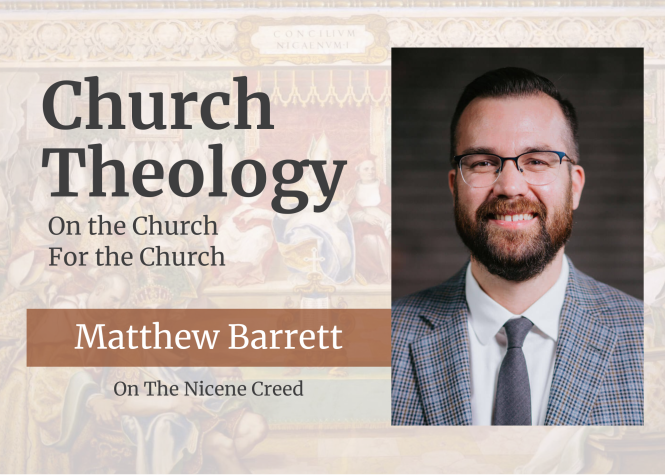
Delegates from throughout the ecumenical (universal or “catholic”) church met in Chalcedon in 451 AD to address the emergence of certain heresies surrounding the person and nature of Christ. Some were teaching that Jesus merely took on the material aspects of a human body (Apollinarianism). Others so distinguished Jesus’ humanity and divinity that they conceived of each as involving a distinct person (Nestorianism). Finally, some so emphasized Christ’s unity that they spoke of his divinity blending with his humanity to form a new mixed nature (Eutychianism or Monophysitism). The Council of Chalcedon thus responded to these errors, producing a confession of orthodoxy known as The Chalcedonian Definition (or the Symbol of Chalcedon). It affirmed that the incarnate Christ is one person with both a human and divine nature.
But why does this statement matter, and are its distinctions all that important? What, if anything, can we learn from it today? Dr. Stephen Wellum joins Kirk in this episode to discuss the meaning and significance of this important historical document.
Access the episode here. (Available on Apple Podcasts, Spotify, Google Podcasts, Stitcher, and more.)
See all other episodes in this series.


